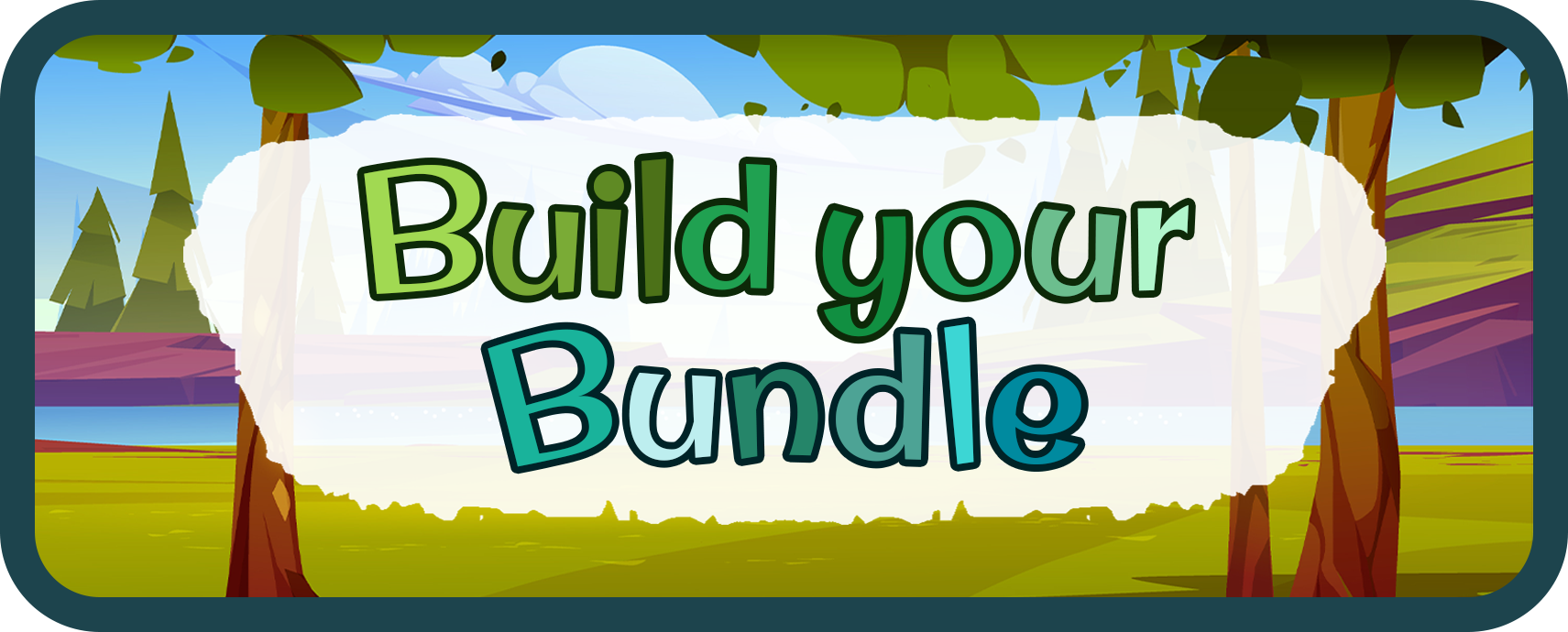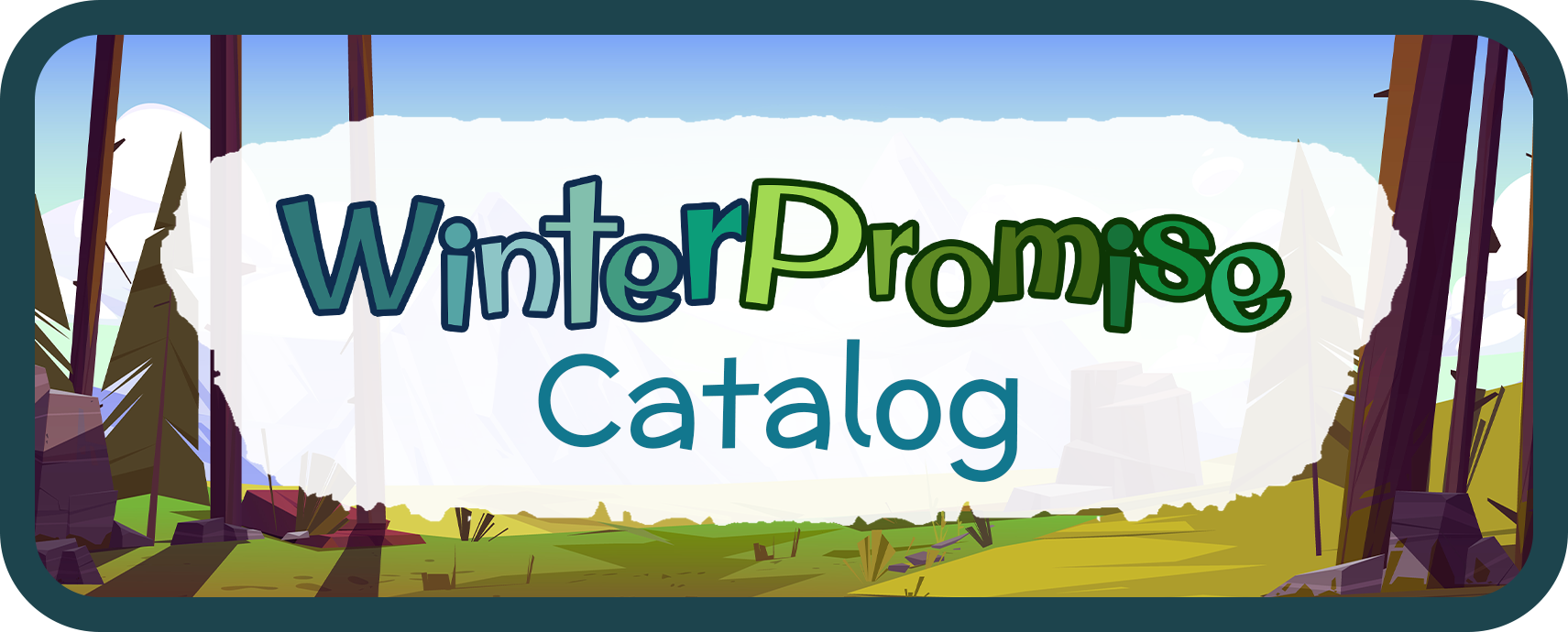The Importance of Discovering History
When talking about history it seems there are very different types of responses. The response which utterly loves anything about history then the other type of pure boredom. So what’s the importance of history when homeschooling? And how do you engage your child if they aren’t quite fond of it?
First, understanding that history is learning about real people who lived in before us with real emotions and thoughts.
The more you can help children understand that these stories from hundreds or even thousands of years ago really happened, the more relatable and influential history becomes. When I was studying Ancient Studies, I remember the time my professor spoke about his student writing on women’s sandals in the ancient world. I remember thinking “Wow these women back then cared about their style just like we do today!” A great way to have students engage with history is to have them focus on something they love but find it in history! If your student loves to go hunting with their grandpa or dad, have them research about hunter/gather societies or find out how important hunting was to different civilizations! All people must eat – food was not readily available like it is for the majority of the world today! If your student loves drawing, have them research a famous artwork from that period! Although this art may not be on canvas but may be on stones or caves – civilizations loved recording beautiful things – just think of Egypt! Ancient Egypt was littered with walls of color and great stonework. You can learn a lot about a culture through its artwork!
Second, explain “the Why”!
Why is it important to study history? Did you know that much of Western thought today can be traced back to ancient philosophers and politicians? Discovering what worked and what did not for those who came before us, helps us to not make the same mistake again! History does not always need to be studying of Ancient Egypt or Greece but should also be the study of family history and your own city or state history. Understanding where your own family came from – your parents, grandparents, great-grandparents and so on is a great practical use of the importance of history. I’ve always loved history. Whenever I was visiting my grandma, we would sit down together before anyone else woke up and she always told me stories. Stories of my great-grandpa and his struggles in the war. Stories of where they came from and how they remembered a time prior to cellphones and even cars! We have access to a generation who experienced a lot of change in their lifetime and you can hear about their parent’s and their grandparent’s stories! I know for me, my grandma would always speak of the day man walked on the moon, and the first time she got her own personal car. She worked at an old Bell company at the switchboard. Can you imagine how much history she saw seeing the changes from a switchboard to the modern iPhone? Even in these stories, there is so much to learn about modern history.
Third, history is not just a ton of dates and facts. History should be engaging!
Here at WP we want to help engage your students, allowing them to experience and discover history for themselves! We want them to experience what life was like on a spaceship (Adventures in the Sea & Sky) or to learn how to spell their names in Phoenician letters (Hideaways in History). We want them to be able to understand the hardships which the soldiers fighting for American freedom went through, and to understand the suffering of those awfully sold into slavery. (American History 1&2) The more we understand history, the more we can hope to help our society. History is not always easy to hear or fun to deal with but we need to ensure that we teach our children the mistakes made so we do not continue to do the same!
History has such a rich and amazing influence on young learners. Read the interesting excerpt from one of our digital studies below!
The Akkadians*
Taken from our Ancient Civilizations Digital Study
Near the Sumerians grew up the city of Akkad, probably somewhere
along the Tigris River. Today no one knows where the actual city was
located, but there are quite a few other things we know about Akkad,
because it grew to the be capital city of the Akkadian Empire.
Akkad is mentioned in the Bible in Genesis 10:10, spelled out there as
Accad. It began as a city, and it appears from historical records that
the Sumerians and Akkadians developed a thriving trade relationship,
interacting culturally alongside each other. They mingled enough that
most people who lived in the region in the 3rd millenium B.C. spoke
both the Sumerian and Akkadian languages.
In time, the Akkadian Empire gradually grew more powerful. Rulers of
the city-state began expanding their power. The most famous ruler of
Akkad was Sargon, who defeated the king of Uruk in the Battle of Uruk
and took over the empire ruled by that king. Sargon also defeated its
once-friendly neighbors, the Sumerians, but Sargon wisely appointed
over 5,000 Sumerian men to help him rule over his empire, so that
there would be less chance that Sumer would revolt in the years ahead.
In time, only the Akkadian language was used throughout the kingdom,
and Sumerian was not used, but the Akkadians did adopt the Sumerian
style of cuneiform script for writing. They inscribed important papers
onto clay tablets or cylinders. The writing on these tablets and seals
was usually drawn among decorative scenes taken from myths or rituals.
The Akkadians also adopted the Sumerians’ religious beliefs.
The Akkadian Empire spread over Mesopotamia between the Tigris and
Euphrates rivers. At its height, it ruled over cities like Assur, Mari, Eshnunna,
Sippar, Nippur, Uruk, Ur, Lagash, and Suse. Sargon was able to
expand the empire under his rule so that it reached the Mediterranean
Sea on the west, the Persian Gulf on the east, and deep into the Arabian
Peninsula to the south.
Trade routes were established that allowed for safe travel of trade
goods throughout Sargon’s lands and along the Euphrates River.
Sargon used these trade routes to gain access to further lands for
expansion, and brought back booty from his conquests along the
established roads in the kingdom. While agricultural products were
produced in Mesopotamia, the area lacked other natural resources.
Wood, building stone and precious metals were required by Akkadian
rulers. They were traded and imported, and floated to Akkad on the
Euphrates as well.
The empire was so well organized that it had a regular postal service.
Akkad’s ruler did a survey of the land, and began naming the years
from the year Sargon began to rule. Sargon appears to have established
a library that took and collected astronomical observations.
After Sargon’s death, his sons and descendants ruled his empire for
several generations. Sargon was considered a model for later
Mesopotamian rulers, later great kings in Assyria and Babylon, who
looked back at Sargon as the first dominant ruler in Mesopotamia.
These kings looked upon themselves as heirs to the empire that Sargon
had begun long before.
The Akkadian Empire lasted from 2334 B.C., when Sargon took over
control of Akkad, to around 2193 B.C.




 What you’ll do!
What you’ll do!








